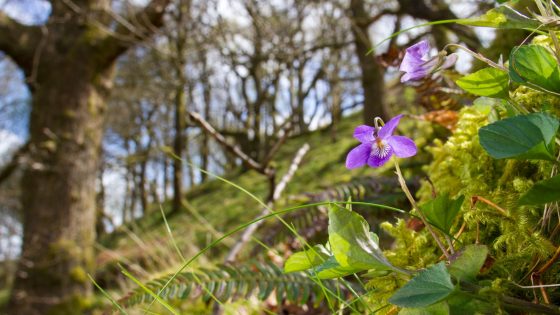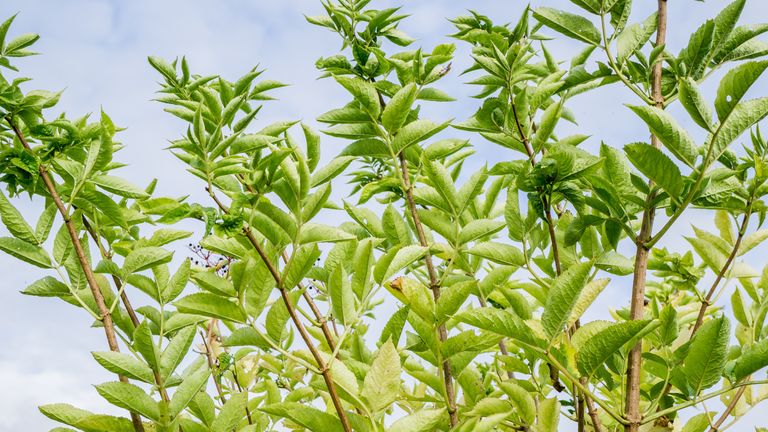Spring has sprung earlier in the year than expected and conservationists say this could be the new norm as the climate changes.
Leaves and butterflies that herald the end of winter in the UK every year have been sighted as much as 16 days earlier in the past five years than they have since soon after the turn of the century.
But it comes with a warning – Dr Judith Garforth, citizen science officer at the Woodland Trust, says climate change has “happened quickly” and must be slowed down by cutting CO2 and planting trees.
“We must continue to monitor this ever-important data we receive to keep tracking nature’s response,” she added.
Leaves have sprouted from tree species including larch, rowan and oak two to three weeks early this year, while the elder tree is consistently turning green sooner since 2019.
And the Woodland Trust has already received many sightings of brimstone butterflies, one of the first to be spotted each year, about two weeks earlier than expected.
The trust, which runs the Nature’s Calendar citizen science scheme that gathers sightings, reports there is a general trend of earlier springs.
And this year, which saw the warmest February on record for England and Wales, appears to be following suit.
“While the sighting of an elder in leaf was a very welcome glimmer of spring after all the grim wet weather, it was much earlier than I’d expect,” Dr Garfoth said.
“Our data provides the clearest evidence of a changing climate affecting wildlife.”
The National Trust and the Royal Horticultural Society have also reported early blossoming at their sites, although the former said recent cooler weather slowed spring in parts of the country.
Over the longer term, the England “spring index” of key seasonal events is now – based on the period 1998-2022 – running around 8.9 days in advance of the average for the period 1891-1947.
The Woodland Trust warns creeping spring weather can throw wildlife food chains out of kilter – early oak leafing can lead to an earlier peak in moth caterpillars, for example, which may affect blue tit breeding.
Read more:
Brits should ‘make friends’ with slugs and snails in gardens
High-pressure showers can encourage less water use
And insects can emerge too early in the spring before there are enough flowers blooming to provide sufficient food for them.
Calling on help to monitor such changes, the Woodland Trust is asking for more volunteers to become citizen scientists to contribute to a biological record stretching back nearly 300 years.
Source Agencies





